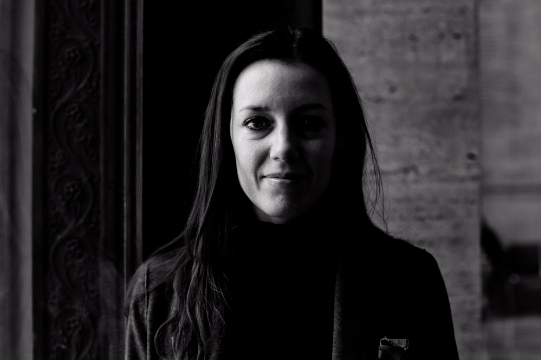Control Seminar
Control Theory Meets Genetic Circuit Engineering
This event is free and open to the publicAdd to Google Calendar

***Event will take place via Zoom. Zoom link and password will be distributed to the Controls Group e-mail list-serv. To join this list-serv, please send an (empty) email message to [email protected] with the word “subscribe” in the subject line. Zoom information is also available upon request to Katherine Godwin ([email protected]).
ABSTRACT: Genetic circuits control every aspect of life and thus the ability to engineer them de-novo opens exciting possibilities, from revolutionary drugs and green energy, to bugs that recognize and kill cancer cells. The robustness of natural gene networks is the result of millions of years of evolution and is in contrast with the fragility of today’s engineered circuits. A genetic module’s input/output behavior changes in unpredictable ways upon inclusion into a larger system. Therefore, each component of a system is usually redesigned every time a new piece is added. Rather than relying on such ad-hoc design procedures, control theoretic approaches may be used to engineer “insulation” of circuit components from context, thus enabling modular composition through specified input/output connections. In this talk, I will give an overview of modularity failures in genetic circuits, focusing on problems of loads, and introduce a control-theoretic framework, founded on the concept of retroactivity, to address the insulation question. Within this framework, insulation can be mathematically formulated as a disturbance rejection problem; however, classical solutions are not directly applicable due to bio-physical constraints. I will thus introduce solutions relying on time-scale separation, a key feature of biomolecular systems, which were used to build two devices: the load driver and the resource decoupler. These devices aid modularity, facilitate predictable composition of genetic circuits, and show that control theoretic approaches are needed to address pressing challenges in engineering biology.
BIO: Domitilla Del Vecchio received the Ph. D. degree in Control and Dynamical Systems from the California Institute of Technology, Pasadena, and the Laurea degree in Electrical Engineering (Automation) from the University of Rome at Tor Vergata in 2005 and 1999, respectively. From 2006 to 2010, she was an Assistant Professor in the Department of Electrical Engineering and Computer Science and in the Center for Computational Medicine and Bioinformatics at the University of Michigan, Ann Arbor. In 2010, she joined the Department of Mechanical Engineering at the Massachusetts Institute of Technology (MIT), where she is currently Professor and member of the Synthetic Biology Center. She is a IEEE Fellow and a recipient of the Newton Award for Transformative Ideas during the COVID-19 Pandemic (2020), the 2016 Bose Research Award (MIT), the Donald P. Eckman Award from the American Automatic Control Council (2010), the NSF Career Award (2007), the American Control Conference Best Student Paper Award (2004), and the Bank of Italy Fellowship (2000). Her research focuses on developing techniques to make synthetic genetic circuits robust to context and on applying these to biosensing and cell fate control for regenerative medicine applications.
 MENU
MENU 
